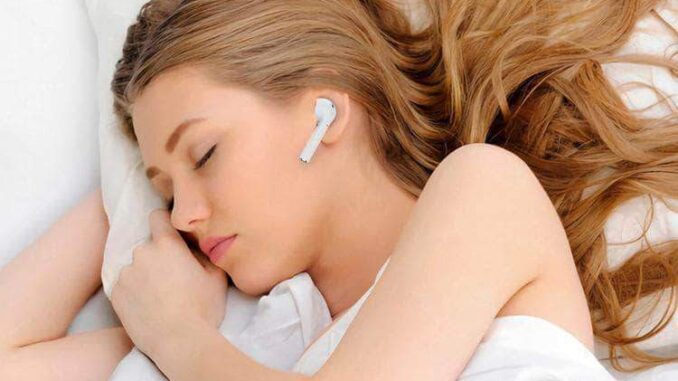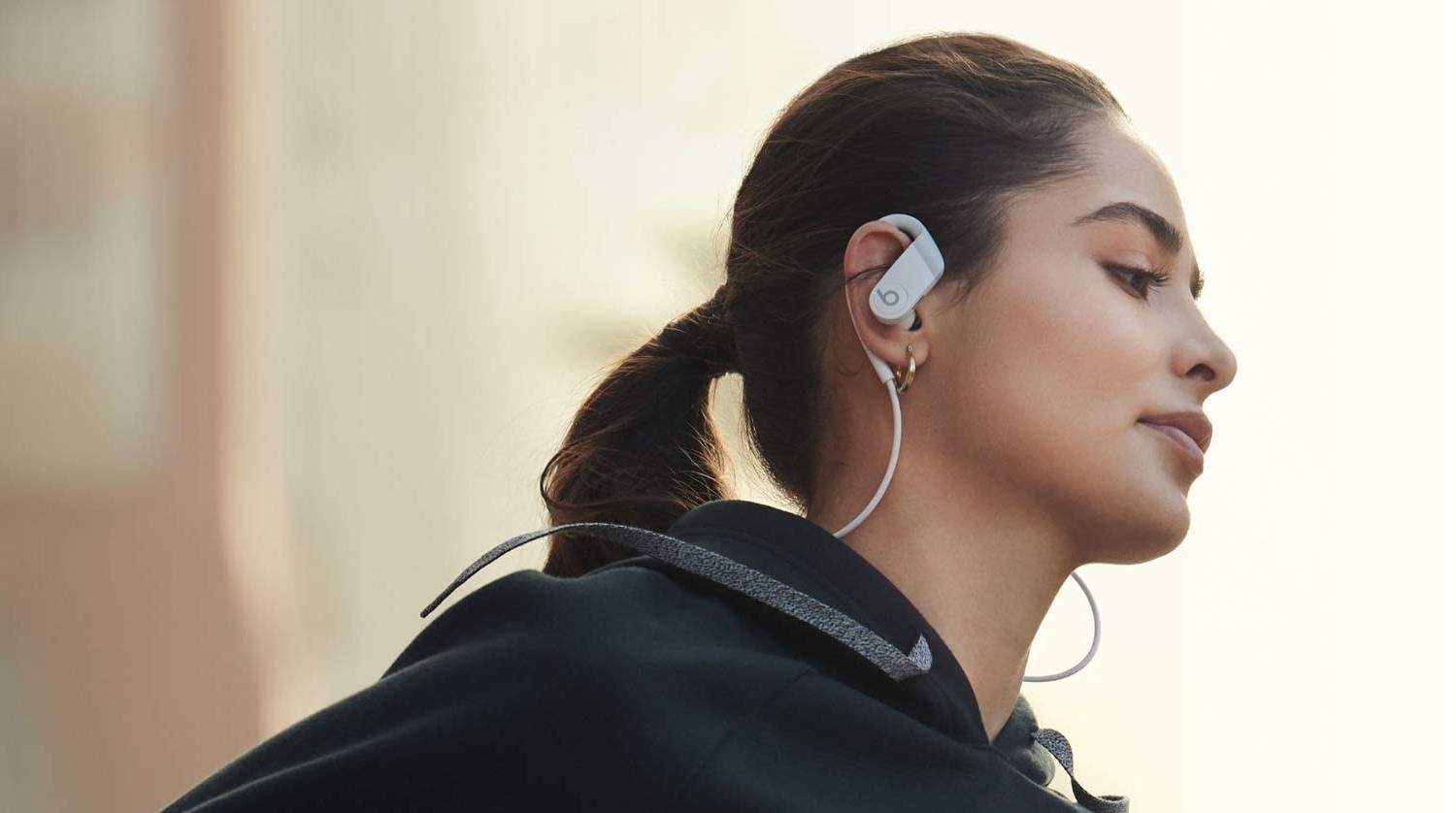
Earbuds are becoming increasingly popular among teenagers and adults alike. Over the years, they’ve improved tremendously and even offer Wi-Fi choices. In one of the primary ways we listen to music, earbuds allow us to concentrate on the song rather than on the outside environment. People frequently overdo it when listening to music with their earbuds. Whether wearing earbuds might cause hearing loss may have crossed your mind when you heard music coming from someone else’s ears.

Earbuds have been linked to hearing loss in the past, according to a number of scientific studies. Earbuds don’t cause a hearing loss on their own, but if they are overused, they can have a harmful impact on your health. Damage to your hearing can occur if you listen to music too loudly using headphones.
Recommended Health Tips: 10 Food Items That Help You Sleep Better
Table of Contents
Why Do People Use Earbuds?
Wearing earbuds has been linked to a variety of health issues, but many individuals still do so for the sake of convenience. You can listen to your music or other audio without bothering anybody else, which is why earbuds are so popular. An additional benefit of using in-ear headphones is the ability to reduce outside noise while listening to music. Individual instruments and other features in the music may be discernible as a result of this.
Many people use earbuds in public places, such as on a train or on an airline, for these reasons. This is also the time when earphones pose a risk. You can turn up the volume on your phone or another gadget to drown out any outside noise. This can cause the volume to be too high and potentially damage your hearing.
In what situations sound dangerous?
At 85 decibels, sounds become hazardous to our ears (dB). It’s at this threshold that noise-induced hearing loss begins to take hold. If you want to drown out the surrounding sounds, you can easily get your headphones to play at 100 decibels (dB) of volume. At 70% volume, music is playing at 85dB, which is right in your ears in comparison. Increase the volume of your music to make it more noticeable when you’re in a busy setting. We recommend turning up the volume to 90 decibels when the ambient noise level is 75 decibels. Listening to 90dB of music may not seem like much to you, but it is extremely dangerous for your hearing.
Hearing loss caused by noise can be prevented in several ways.
It’s critical to take charge of your hearing health if you want to keep it healthy and avoid noise-induced hearing loss. The good news is that you can continue to listen to your music using headphones if you choose. You can take action to protect your hearing in various ways.
- Keep the volume below 85 dB at all times.
- Replace your earbuds with a pair of headphones.
- Avoid using headphones without noise-cancellation capabilities.
Take precautions to protect your ears from the noise.
You can decide from a variety of hearing protection devices to keep you safe from the noise you’re exposed to.
According to Carson, musician-filtered hearing protection, for example, can assist in maintaining the quality of music while offering safe protection.
Foam plugs, reusable non-custom plugs, and custom-fit hearing protection are among the numerous types of hearing protection available. Talk to your audiologist about what kind of amplification is ideal for your situation.
Read Our Tech Blog: Sorry, No Manipulations with Clipboard Allowed [Fixed]

Leave a Reply